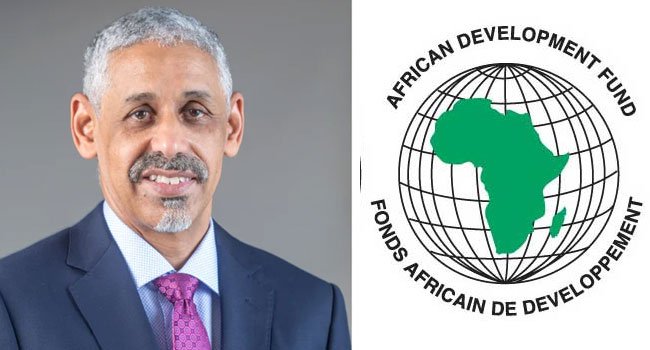Mauritania’s former Minister of Economy and Finance, Dr. Sidi Ould Tah, has been elected as the new President of the African Development Bank (AfDB), succeeding Nigeria’s Dr. Akinwumi Adesina at the helm of the continent’s premier financial institution.
The 60-year-old development expert emerged victorious on Thursday after securing 76.18% of the total votes in just three rounds of balloting—fewer than the six rounds required for his predecessor’s win in 2015. His swift ascent to the presidency signals strong continental and international confidence in his leadership.
Zambian economist Samuel Munzele Maimbo placed a distant second with 20.26%, while Senegal’s Amadou Hott followed with 3.55%.
Under AfDB election rules, the winning candidate must garner a dual majority: support from the bank’s 81 total member countries and a separate majority from its 54 African member states. Tah met both criteria, securing 72.37% of the African vote.
Dr. Tah brings over a decade of leadership experience from the Arab Bank for Economic Development in Africa (BADEA), where he served as Director General. His cross-regional expertise is expected to enhance collaboration between North African and sub-Saharan member states, particularly at a time when the AfDB faces growing challenges, including the reduction of U.S. funding.
In a statement conceding the race, Maimbo extended congratulations to the incoming president:
“I wish to congratulate Dr. Sidi Ould Tah on his successful election as the President-elect of the African Development Bank Group. I entered this race driven by a love and deep concern for our continent and offered a vision for Africa’s future. Today, the Governors have chosen the leader they believe will best deliver the vision of the Africa we want at this pivotal moment.”
Dr. Tah is expected to take office as the AfDB seeks to reinforce its development agenda amid global financial shifts and mounting continental demands.



